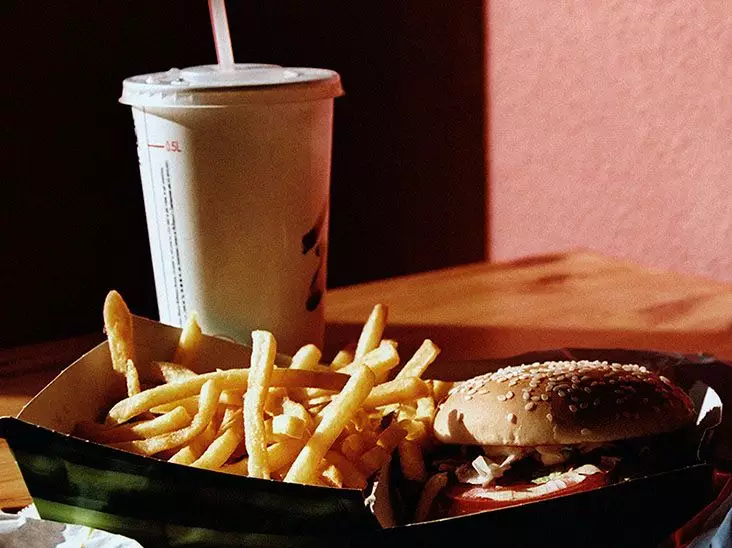Rybelsus, known generically as semaglutide, has gained traction in the management of type 2 diabetes as an effective oral medication that offers convenient dosing for patients. Unlike many diabetes medications that require injections, Rybelsus is taken as a tablet, which presents a significant advantage for those who may have a needle aversion. However, optimal results require strict adherence to specific guidelines, particularly concerning dietary habits and timing of administration.
To achieve the best results with Rybelsus, it is crucial for patients to take the medication on an empty stomach, ideally first thing in the morning. This precaution is essential because food can significantly impact the absorption of semaglutide, the active ingredient in Rybelsus. A reduction in the medication’s absorption may lead to decreased effectiveness, which may hinder blood sugar control. Patients are advised to swallow the tablet whole with a small amount of water, and it is recommended to wait at least 30 minutes before consuming any food or beverages.
This requirement highlights the importance of careful planning and synchronization of meal times with the intake of Rybelsus. Patients should ideally refrain from eating at least two hours prior to taking the medication to ensure an empty stomach. By doing so, the body can maximize the benefits of semaglutide, leading to improved glycemic control.
The role of diet in managing type 2 diabetes cannot be understated, and it dovetails with the use of medications like Rybelsus. While there is no specific food that must be eliminated during treatment, certain food types can exacerbate blood sugar spikes or intensify side effects associated with the drug. For instance, refined carbohydrates, which include white bread, sugary snacks, and processed foods, can lead to rapid increases in blood glucose levels. Patients are advised to limit their intake of these foods, as doing so may not only help stabilize blood sugar but also contribute to weight management—a secondary benefit many seek.
In addition to refined carbs, the American Diabetes Association suggests limiting saturated fats found in high-fat meats and dairy products. Foods such as ground beef, processed meats like hot dogs and bacon, and full-fat dairy can not only impact overall health but may also pose additional risks for diseases associated with obesity and diabetes. By opting for lean proteins, whole grains, fruits, and vegetables, individuals on Rybelsus can optimize their dietary profiles while supporting better overall health.
While Rybelsus has shown positive outcomes in blood sugar management, some patients may experience gastrointestinal side effects, including nausea, diarrhea, and constipation. These occurrences are often a result of the medication’s mechanism, which delays gastric emptying. To mitigate these side effects, it is advisable to avoid overly spicy foods, items high in added sugars, and those that are rich in saturated fats.
Engaging in dietary modifications is a proactive approach that can assist in reducing these side effects. For example, incorporating fiber-rich foods may help alleviate constipation, and consuming smaller, more frequent meals can lessen the intensity of nausea. Ultimately, the decision on how to manage these side effects should involve a conversation with healthcare providers, who can offer tailored advice based on individual experiences and reactions.
While Rybelsus represents a remarkable advancement in the oral treatment of type 2 diabetes, its efficacy hinges heavily on patient adherence to administration guidelines and dietary habits. Patients should strive to take the drug in a manner that maximizes its absorption while aligning their meals in a way that supports glycemic control. Moreover, acknowledging and managing potential side effects through dietary choices can enhance the overall treatment experience. Although Rybelsus is not FDA-approved for weight loss, it may assist individuals in achieving their weight management goals when combined with lifestyle changes. Ultimately, a collaborative effort with healthcare professionals will ensure patients can navigate their treatment journey with Rybelsus effectively and safely.

